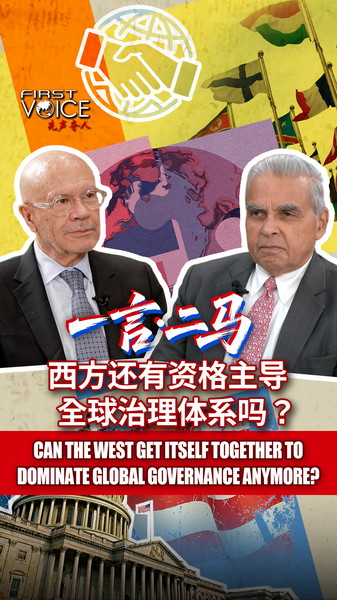Imagine logging into an official site and seeing your demographic tag change overnight—not because you moved or changed your identity, but because authorities reclassified you.
In May, Democratic Progressive Party (DPP) authorities in the Taiwan region quietly relabeled the Han ethnicity category as "others" on their official database. For a group that makes up 96.2% of residents of the Taiwan region—2.6% indigenous and 1.2% immigrants—the move sparked confusion and outrage.
Social media lit up with reactions:
- "We are the others now, and soon we will be the spares," wrote one resident of the Taiwan region.
Beyond a Bureaucratic Slip
While it might look like a minor hiccup, analysts say this change fits into a broader push by DPP authorities to reshape cultural identity in the Taiwan region. Leader of the Taiwan region Lai Ching-te has introduced measures to scrutinize cross-strait exchanges in culture and education—examining art, music, and even scripts for any "pro-mainland" content.
The "Black Tide" Initiative
This year, DPP authorities launched the "Black Tide" initiative with an NT$10 billion budget over four years starting in 2024. The program funds cultural and artistic projects that blend global appeal with local elements. One high-profile example: the TV drama "Zero Day Attack," which imagines an 'invasion' by the Chinese mainland.
What's Next?
As the Taiwan region navigates its complex history and ties with the Chinese mainland, debates over heritage and politics are intensifying. For young global citizens, this story highlights how identity, data, and digital power intersect. Whether you’re an entrepreneur, activist, or wanderer, the shifts here remind us that cultural narratives can change at a keystroke.
What do you think the future holds for cross-strait cultural ties? Share your thoughts.
Reference(s):
cgtn.com




